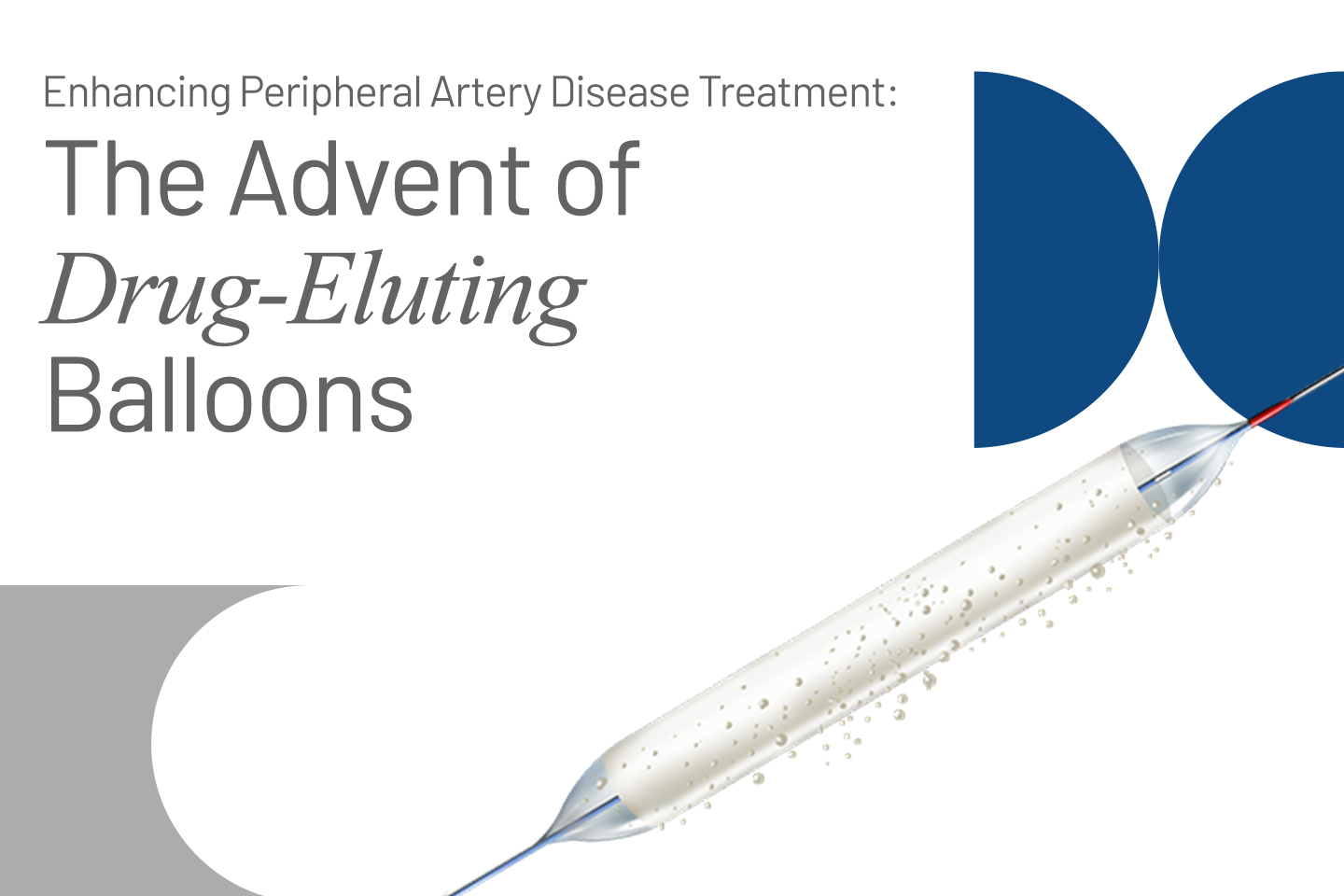Medical Devices
Psoriatic Arthritis

What is Psoriatic Arthritis?
Psoriatic arthritis is an inflammatory disease that usually affects people with psoriasis. This condition makes the skin red, flaky, and scaly. Many people have psoriasis years before they get inflammation and joint pain. For some, arthritis occurs first or in tandem with this skin disease. There are also rare cases where people develop arthritis without experiencing any symptoms of psoriasis. Psoriatic arthritis and psoriasis are autoimmune diseases wherein the body's healthy tissues are mistakenly attacked by the immune system. These diseases do not have a cure; hence timely diagnosis and treatment are the only ways to reduce the severity of the discomfort and pain caused by them.
However, its symptoms are manageable. The inflammation, flare-ups, joint damage, and pain can be brought down with medication and other therapies. If this psoriatic arthritis goes unaddressed, the results can cause long-term damage and disability.
Psoriatic Arthritis Symptoms
Psoriatic arthritis and psoriasis can worsen if not treated on time. The patient will experience "flare-ups," i.e., the symptoms can manifest as mild to severe sporadically. They may even go away or improve on their own but only temporarily. Some of the common symptoms experienced by psoriatic arthritis patients are:
- Joint pain, lower back pain, and tenderness.
- Swelling of joints: Toes and fingers can become swollen (known as dactylitis or sausage digit).
- Joint stiffness.
- Eye issues like red eye, inflammation or burning sensation, and blurred vision.
- Nails can have pitting (minor, round dents on the nails), and become brittle or discoloured.
- Fatigue that does not go away even after resting.
- The gastrointestinal system can also be affected or inflamed, especially if you have Crohn's disease (an inflammatory bowel disease affecting the digestive tract).
Causes of psoriatic arthritis
If your family members have psoriatic arthritis, there are high chances for you to develop it too. Factors like infections, injuries, smoking, and being overweight or obese due to a sedentary lifestyle can serve as catalysts. Some people can also develop psoriatic arthritis despite having no family history.
Psoriatic arthritis diagnosis
You should see a doctor if you develop joint pain because psoriatic arthritis can degenerate joints, bones, and tissues. You will be referred to a rheumatologist. They diagnose and treat conditions that affect the joints, bones, ligaments, and tendons. There is no specific test that can lead to a psoriatic arthritis diagnosis.
Sometimes it also becomes difficult for the doctor to determine whether the patient has psoriatic arthritis, rheumatoid arthritis, osteoporosis, or gout. Some preliminary tests can give clarity. These are as follows:
Physical exam: The doctor will investigate whether you have any joint tenderness and swelling. They will also check for scaliness, red and flaky skin on the body, and pitting of the nails, which are all common signs of psoriatic arthritis.
Imaging tests: MRIs (Magnetic resonance imaging), ultrasound scans, and X-rays may be done for greater clarity and to check for swelling and inflammation that is not visible to the naked eye.
Lab testing: The doctor will do a Rheumatoid factor test to determine whether the patient has rheumatoid arthritis or psoriatic arthritis. Rheumatoid factor is a protein that attacks healthy cells in the body. High amounts indicate the presence of rheumatoid arthritis. Besides this test, the doctor may also take a sample of joint fluid to determine whether the patient has gout or psoriatic arthritis. Both these conditions can exist at the same time.
Psoriatic Arthritis Treatment
Besides seeing a rheumatologist, the patient may also have to see a dermatologist for their psoriasis. A physiotherapist can help with physical therapy to relax joints and allow better mobility. If psoriatic arthritis has affected your feet, then seeing a podiatrist who can make special insoles for your shoes so you can have a relaxing time walking and even standing should be helpful.
The symptoms of psoriatic arthritis affect every individual differently. Some may experience all the signs, and others may have a few. The severity also varies on an individual basis. So, the doctor usually moulds the treatment plan accordingly. Even then, the body's reaction to the treatment can differ from person to person. If the initial course of treatment does not prove fruitful, the doctor will change it. But here's what the treatment of psoriatic arthritis treatment can broadly look like:
Physical therapy: As mentioned earlier, this will help alleviate pain and increase movement for patients with psoriatic arthritis.
Drug therapy: Different types of medication may be prescribed, including nonsteroidal anti-inflammatory drugs (NSAIDs), disease-modifying antirheumatic drugs (DMARDs), or any other drugs that can help decrease pain and inflammation, prevent joint damage, and help sustain joint quality.
Alternative therapies: Massage therapy may come in handy, as can acupuncture and yoga.
Surgery: This is only when the severity of joint damage is so much that knee replacement surgery is needed. It's not often that people with psoriatic arthritis need to go through a surgical procedure.
Steroids: Steroid injections are given to reduce inflammation in the joint or joints.
In many cases, a psoriatic arthritis patient may require knee replacement surgery.
Meril Life makes available the FREEDOM ® Total Knee System*. This Total Knee System is the one and only 7-radii knee implant worldwide. This is a knee implant specifically designed to incorporate the anatomy and lifestyle of Asian patients. It's available in 8 knee sizes and has a design that allows a full spectrum of flexion. The Total Knee System needs minimal bone cutting and gives a good bone resection. It is a USFDA-approved and CE-certified knee implant.
Final Note
Psoriatic arthritis is an autoimmune disease, but patients should not be disheartened if they are diagnosed with this condition. This condition is manageable through early detection, a proper treatment course, and some lifestyle changes (if the doctor recommends). To prevent any severe joint and bone damage from psoriatic arthritis, following the doctor's instructions and going for regular check-ups is integral.
*Disclaimer: Freedom® Knee is manufactured by Maxx Orthopedics Inc. Freedom® Knee is a registered trademark of Maxx Orthopedics Inc.





